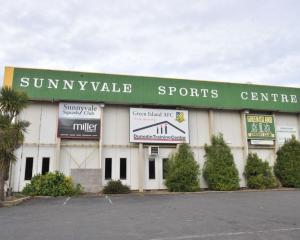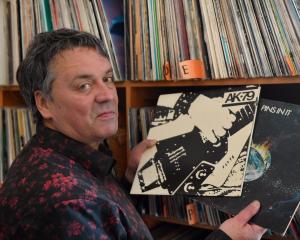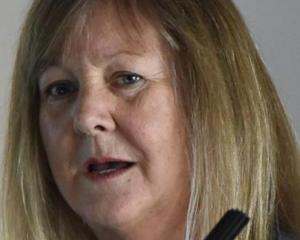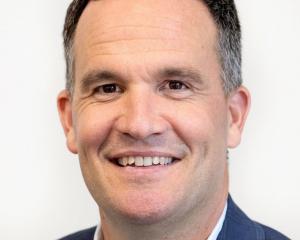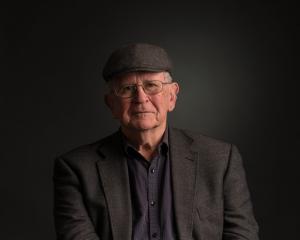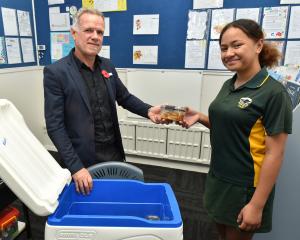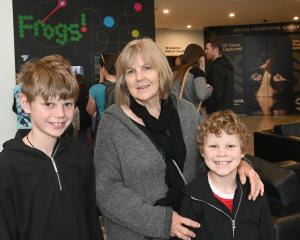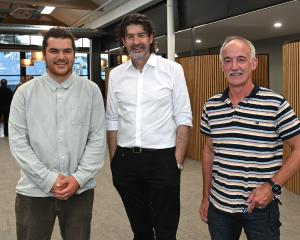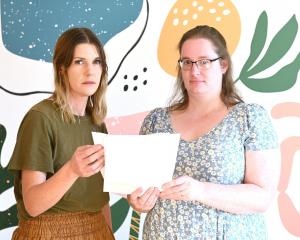Since the sale of synthetic cannabis was banned on May 8, Dunedin police say they have not laid any charges relating to illegal sale and distribution of psychoactive substances.
Police prevention manager for Dunedin, Clutha and Waitaki Mel Aitken said there had been no significant issues with illegal synthetic cannabis sales to date.
''Police, Ministry of Health enforcement officers and the Psychoactive Substances Regulatory Authority continue to monitor the situation.
"Police are still interested to hear from anyone who is aware of ongoing illegal sale and distribution of psychoactive substances,'' she said.
Anti-legal highs campaigner Calvin Hooper was rapt the highs were off the shelves.
He no longer saw youngsters hanging around stores and in the Octagon ''right off their brains''.
One of his children had been addicted to synthetic cannabis for two years.
They had quit three weeks before the ban and had been clean since. There was a huge difference in their behaviour, he said.
''There was concern about them going on to marijuana but my child hasn't,'' he said.
Mr Hooper was proud of the stand he had taken.
''I was s**t-scared doing it. I got some threats with people saying 'it's our freedom of choice'.
"I said that's true but there are other vulnerable people affected by it,'' he said.
The ban had been the best thing the Government had done but it had no choice with so many people protesting, he said.
Community Alcohol and Drug Service medical director Dr Gavin Cape said people had told him synthetic cannabinoids were still available, which indicated the sale had ''in part been driven underground''.
He understood the sale was being conducted by dealers, rather than any shops breaking the law.
However, Dr Cape believed many people would not bother buying synthetic cannabis since it had been made illegal.
It was too early to say whether people were resorting to harder drugs, he said.
Dr Cape was not aware of any increase in numbers of people presenting with drug-related problems to Southern DHB services since the ban.
He had never been in favour of the ban and believed the original Psychoactive Substances Bill would have solved the problem ''in a progressive and common-sense way''.
''It is election year and unfortunately politics sometimes get in the way of sensible public health decisions,'' he said.

